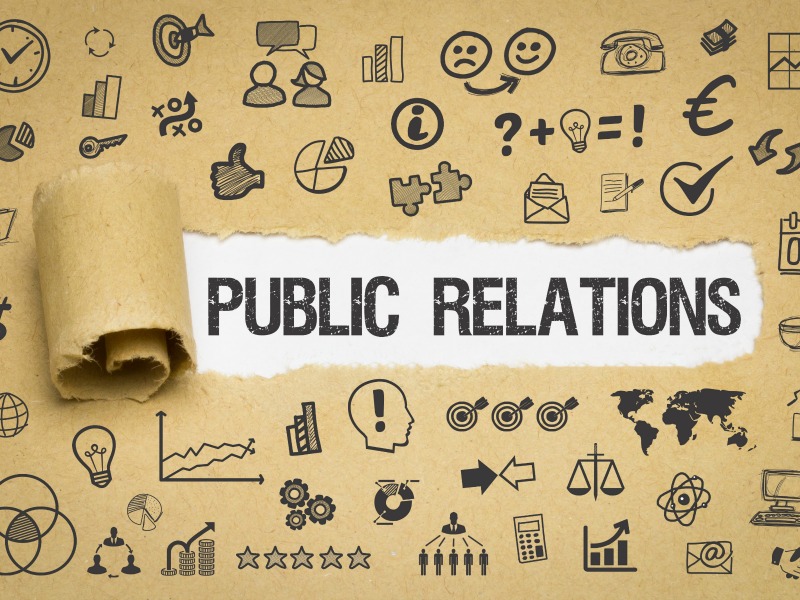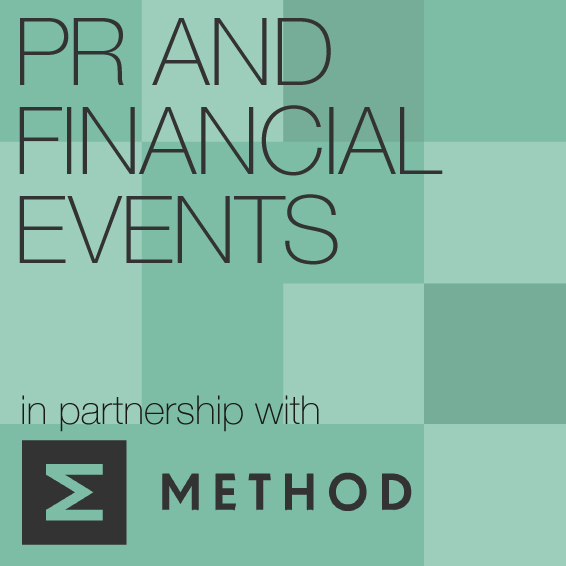Method Communications 14 Nov 2019 // 6:42PM GMT

Beth Haiken, EVP, Method Communications
Get a dozen folks who have been working in communications and PR together and ask interesting questions and you’ll end up with a LOT of opinions. This was true in spades at the recent roundtable Method partnered with The Holmes Report, but one thing we all agreed on immediately was how important it is for PR and comms people to understand the businesses they work on - why they exist, how they work, and how they make money.
If you’re a structured learner, there are plenty of courses available (including the old-fashioned approach - in-person evening classes at your local community college or university business school). But beyond that it’s never been easier, or more fun, to learn. In fact it’s so easy and fun that the challenge is how best to spend the limited time that you have. Here are a few suggestions.
“News you can use” - yes, personalized feeds are awesome, but as NYT reporter Farhad Manjoo discovered, reading the news the old fashioned way is a whole different experience. I’m not telling you to order up a print newspaper - but do try to get out of your feeds occasionally for a wider, uncurated experience. As comms pros, we need to know what’s going on in the world - not just with topics we follow.
“It’s the economy, stupid” - Because we work for companies, every comms person needs to know something about basic economics. Planet Money, Freakonomics, and Planet Money’s daily snackable The Indicator are great podcasts to start with.
“Follow the money” - Because we work for companies that want to make money (or nonprofits that need to balance the books), you also need to understand the basics of financial statements. Online resources like Kahn Academy are great for this but don’t underestimate your tax dollars - government sites like the SEC have lots of great information as well.
“The devil’s in the details” - Every time you pitch a new client or take a new job, you’re going to need to acquire specific subject matter expertise. Let’s say you’re pursuing a cryptocurrency client but you don’t even own bitcoin. It’s highly likely that someone’s started the curation process, so start there if you can. With crypto, Fortune’s weekly The Ledger newsletter is a great place to start, as are Fortune reporter Laura Shin’s podcasts Unchained and Unconfirmed. Give yourself a week or two with these, and see how you feel. If you’re in love, dive in further with a meetup or local university connection. Company websites, like Quicken Loans’ page on mortgage terms, are great sources of subject-specific information.
“The world’s your oyster” - from your local public library to the vast archives of the internet, there are more ways to learn than ever before. To avoid getting overwhelmed, take a few minutes to think through what you need - a broad overview? Specific technical knowledge? - so that you can be specific and selective as you search. Check reviews of courses if they exist and be realistic about your time. And, don’t be afraid to change horses mid-stream if something doesn’t work for you. There’s no medal for watching a boring video through to the end.
“My position is not anti-technology, it’s pro-conversation” - while the internet offers endless resources for learning, don’t underestimate the value of one on one learning. Most people are kind and want to be helpful - the key is to be specific in your ask. “I’m working for my first B2C company and I’m trying to learn more about how companies market to consumers. Can I buy you a coffee and ask you some questions about how marketing funnels work?” You’ll be surprised at how much you learn quickly in a focused one-on-one conversation, and you might make a new friend into the bargain. Don’t forget to send a thank-you note and post a thanks on LinkedIn or Twitter thanking them for sharing their expertise.
This content is part of a series on PR and financial events. The full series is accessible here.


































.jpg)


.png)










